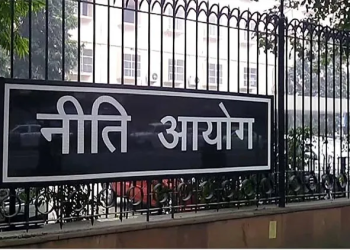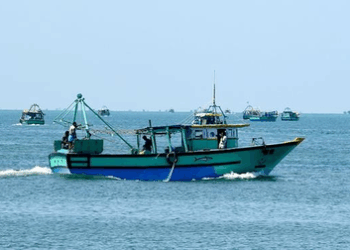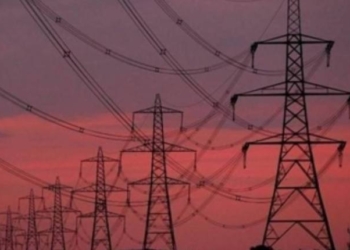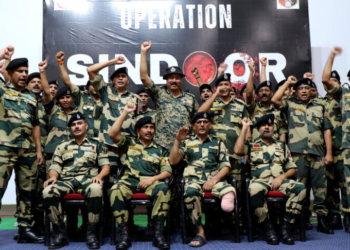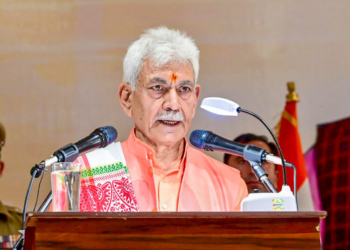New Delhi: External Affairs Minister S. Jaishankar on Monday said that India has put forward an ambitious seven-year action plan for accelerating implementation of sustainable development goals (SDGs).
To achieve this, a three-pronged approach has been proposed by New Delhi, the Minister said in his keynote address at the G20 development ministers’ meeting in Varanasi.
These include devising bold, decisive actions on fostering data for development and digital public infrastructure, which are needed around the world to jumpstart innovations at the grassroots level.
Secondly investing in women-led development, which will not only help to accelerate progress across all the SDGs, but will also deliver results on the ground for all sections of society.
Thirdly securing globally just transitions, which will help ensure the future survival of the planet, while meeting the aspirations of its diverse people.
“These transformative actions will act as a force multiplier for accelerating progress across all the SDGs and will contribute to a more effective and stronger multilateral system,” he said.
Jaishankar said that the theme of the Indian G20 presidency ‘One Earth, One Family, One Future’ therefore is an urgent call for action.
“As ‘One Earth’, we must demonstrate solidarity for those in need. Truly leave no one behind, mobilize resources and direct our efforts where they are most needed,” he said.
As ‘One Family’, we must break all silos and destroy all fragmentations. We need to integrate our approaches, build systems that leverage synergies rather than rely on trade-offs. Reinvigorate the systems which deliver on our agendas and ensure that all voices at home and outside are equally heard and taken into account.
“For ‘One Future’, we must keep the aspirations of our young people at the centre of our actions. Our actions today must not put their future in danger. We must invest in our collective future today and ensure that it is built on the foundations of equality, mutual respect and solidarity,” Jaishankar remarked.
He said that the SDG agenda is a landmark not only in its universality, in that it applies to all countries but also in its integrity, in that it can only be successful as a comprehensive agenda.
Unfortunately, Jaishankar noted: “Since its adoption in 2015, not only have we seen the political momentum wither, but we have also witnessed fragmentation in international priorities wherein some goals are deemed more important than others. Such cherry picking is not in our collective interest.”
It is in this context that that the seven-year action plan ha been devised, he informed the delegates.
Jaishankar noted that failure of the world to adopt SDG agenda has led to a situation where the world today faces unprecedented and multiple crisis.
“From the pandemics to disruptions in supply chains, from the impact of conflict to climate events, our era is becoming more volatile and uncertain by the day. Added to this is stubborn inflation, rising interest rates and shrinking fiscal space for many nations. As always, in such times, the weak and the vulnerable bear the brunt,” he said.
The Minister further noted that the “prospects for a global economic recovery remains dim amidst supply chain disruptions, prolonged debt crisis and pressures on energy, food and fertilizer security”.
In this context, the development ministerial is an opportunity for us as the G20 to demonstrate solidarity on these developmental issues, he concluded.
(IANS)




